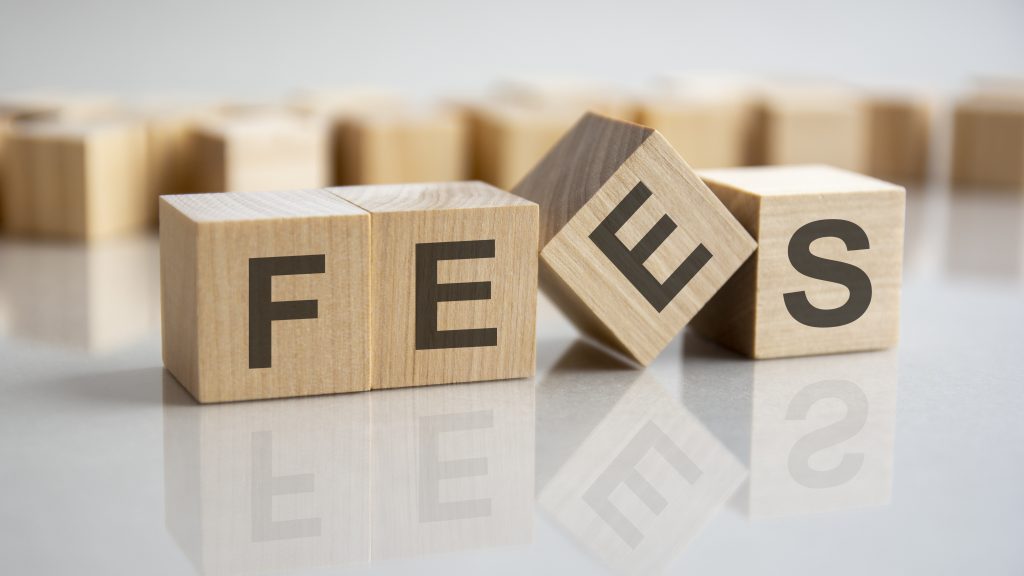Pricing credit cards is often an art as much as a science. The card issuer faces the challenge of being inclusive in their lending policies but needs to price credit card interest rates to the account risk characteristics. Where do late fees come in?
For that reason, credit card issuers often set a range of interest rates on their various products. A good example of this pricing strategy can be found at the Chase site, where the cardholder agreement indicates that this card plan will price at a 15.24% to 24.99% interest rate, escalating or de-escalating as the prime interest rate moves up or down. This Visa Signature card is a favorite credit card plan, offered by a top issuer, to the mass market.
The card is like other top card products in the U.S., such as the Discover it card, Capital One Quicksilver, and the Wells Fargo Active Cash Card. Wells Fargo has a slightly different tack and underwrites to three interest tranches: 16.49%, 21.49%, and 26.49% based on the current prime rate.
There is no secret to the pricing strategy, which many say is written for an eighth-grade reading level. But many people do not bother. Just as you click the terms and agreements for accepting cookies from a website, or in the bloatware that comes with a new computer, few people take the time to understand the nuances of late fees, arbitration agreements, and dispute requirements.
But in those contracts are important agreements that the consumer accepts. Pricing, for instance, might change if the cardholder becomes delinquent. There may be penalties to disincentivize the consumer from tardiness, and there are standards for including secondary users.
There were some tricky pricing terms before the CARD Act of 2009 set the standards, but those issues are long gone. Universal default, which allowed a credit card issuer to declare your account risky with “Bank A” if you went delinquent at “Bank B,” for example, is no longer permitted. Double Cycle Billing, which even I have a problem explaining, where the issuer uses some mathematical wizardry to average out two months revolving debt into a current interest charge, is verboten.
Now, the CFPB announced plans to scrutinize late fees, and this will get interesting for both consumers and main street lenders. Some cards, like the Apple Card, Citi Simplicity Card, and Discover it Card do not charge late fees at all. But certainly, consumers sometimes become delinquent, and the servicing cost must be distilled into the terms and agreement. Should a Prime FICO Score customer with an 800 score subsidize borrowing for a Sub Prime cardholder with a 660 score? The market will tell, but the answer should be no.
Well, the timing is good. We think the anticipated recession, which features both inflation and rising interest rates, will soon deteriorate credit quality in the United States. That will result in contracted lending, increased delinquency, and a downturn in credit card revenue. CFPB may get into cost accounting, to right size the charge, but remember collection calls are not free. Many peg the cost of a single call in the range of $3 to $4 dollars at the front end of collections, and more as delinquency progresses.
CFPB is certainly within its turf as it addresses the issue, and credit card issuers need to be keen on the cost of serving their customers, with an eye on balancing the lending risks and rewards.
Overview by Brian Riley, Director, Credit Advisory Service at Mercator Advisory Group
